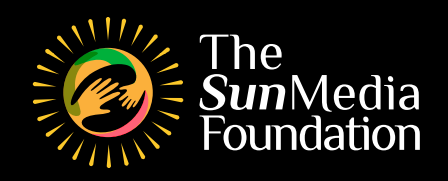The Sun Media Development Foundation (TSMD), has called on the Federal Government to take immediate action in addressing the challenges faced by smallholder women farmers across the country.
The Foundation’s Executive Director, Victor Emeruwa, warned that Nigeria risks severe food insecurity in the coming months if the issues were not addressed.
In the maiden edition of its publication on Food Security and Safety, the Foundation examined the challenges faced by smallholder women farmers who are the primary food producers in rural areas.
Some of the challenges identified according to the Foundation’s research on the situational analysis of smallholder women farmers in Yola, Nassarawa, Kaduna, Bayelsa and FCT revealed neglect, lack of access and lack of inclusion.
“It is not possible to exclude the segment that produces 60 to 90 percent of the entire food production in the country and not run into severe food shortage. The government must be deliberate, and must take decisions based on data.
“What data tells us is that smallholder women farmers contribute between 40 to 65 percent of all hours spent in agricultural activities. Data also shows us that this segment of the farmers in the country are the most excluded from access to land, inputs, funding and budgeting process,” said Emeruwa.
The Foundation’s Executive Director warned of impending food insecurity in the third quarter of 2023.
He said: “The National Emergency Management Agency has already warned of another round of severe flooding sometime in June 2023, we need to prepare for that flood in a way that it will not again wash off farm produce. If we wait for the flood without planning on how to safeguard our farmlands, the country will slip into food shortage and consequently experience rise in food prices.”
The Foundation’s Food Security and Safety publication reveals the peculiar challenges faced by women farmers in rural areas.
It mentioned cases of rape by bandits, terrorists attack, and herdsmen invasion of their farmlands, lack of access to land, lack of government support, and lack of access to farm inputs, lack of access to primary farm tools.
“If we want to reduce the high probability of food shortage, then, our priority as a nation must change, going forward the government must by policy and practice integrate the interest of the smallholder women farmers in all its programming for funding and support,” Emeruwa said.
